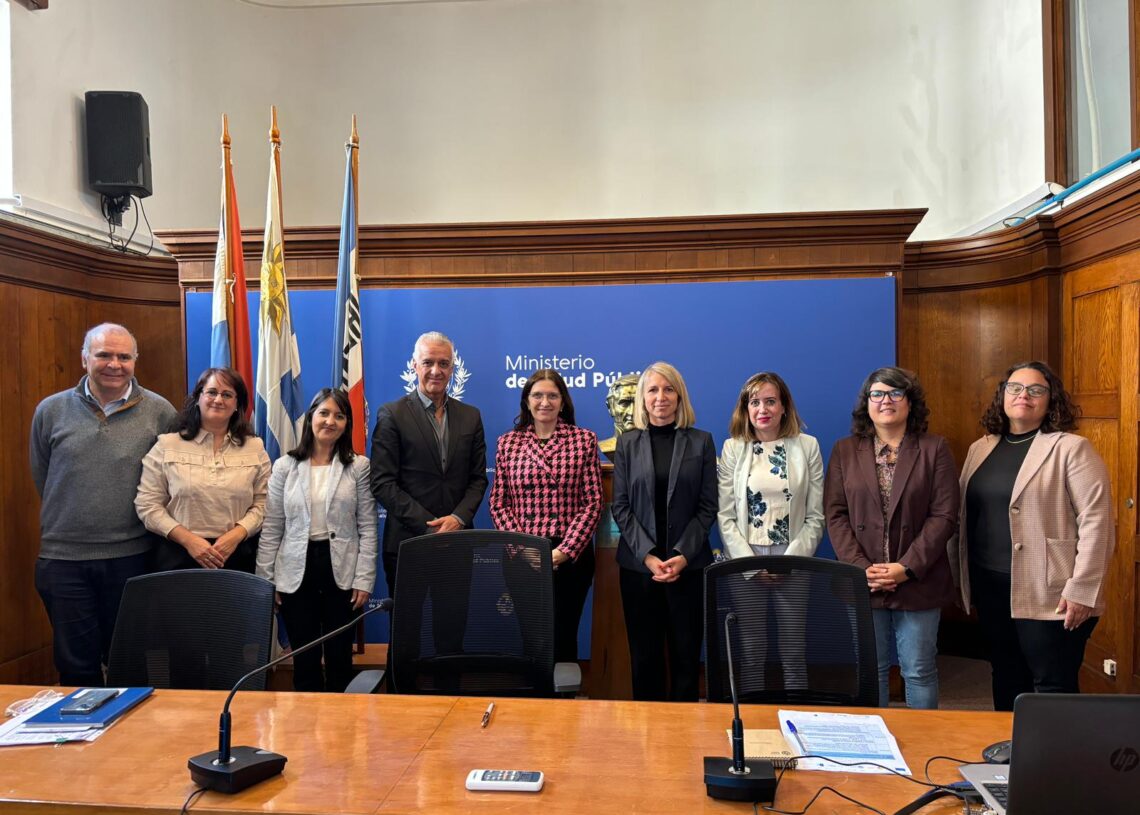From October 23-27, 2023, the European Monitoring Centre for Drugs (EMCDDA), in the framework of COPOLAD, organized, together with the National Drug Board of Uruguay, a technical dialogue on cannabis policies. The objectives of this meeting, held in Montevideo, were to promote information exchange and a technical dialogue on cannabis policies with key stakeholders in Uruguay, as well as to provide technical support in the evaluation of cannabis policies with a focus on indicators.
Field visits were attended by experts from Uruguay’s National Drug Board, EMCDDA, RAND Europe and Uruguay’s Institute for Regulation and Control of Cannabis (IRCCA). They were conducted to several cannabis plantations, a cannabis social club and a pharmacy that is a point of sale for cannabis. In addition, there was also an opportunity to meet with high-level stakeholders, such as the Minister of Public Health. These meetings provided valuable insights into the implementation of cannabis policies in Uruguay.
On October 26, a bi-regional seminar was organized at the National Drug Board, attended by more than 40 participants from Uruguay. The diverse audience composed of civil society, academics, governmental organizations and other stakeholders working on cannabis policy had the opportunity to discuss cannabis policy models from several countries, including Uruguay, USA, Canada and several EU countries. In addition, preliminary results of an update of an Observatory study entitled “Monitoring and evaluating changes in cannabis policies: insights from the Americas”, funded by COPOLAD, were presented. The seminar concluded with an open discussion on the challenges and needs of cannabis policy implementation in Uruguay.
In the afternoon, EMCDDA met with the National Drug Board and the Institute for Regulation and Control of Cannabis of Uruguay (IRCCA) and followed up on technical support on cannabis policy evaluation, focusing on the indicators used in the first evaluation (presented in June 2021), and with a view to establishing the methodology for the second evaluation (planned for 2024).






